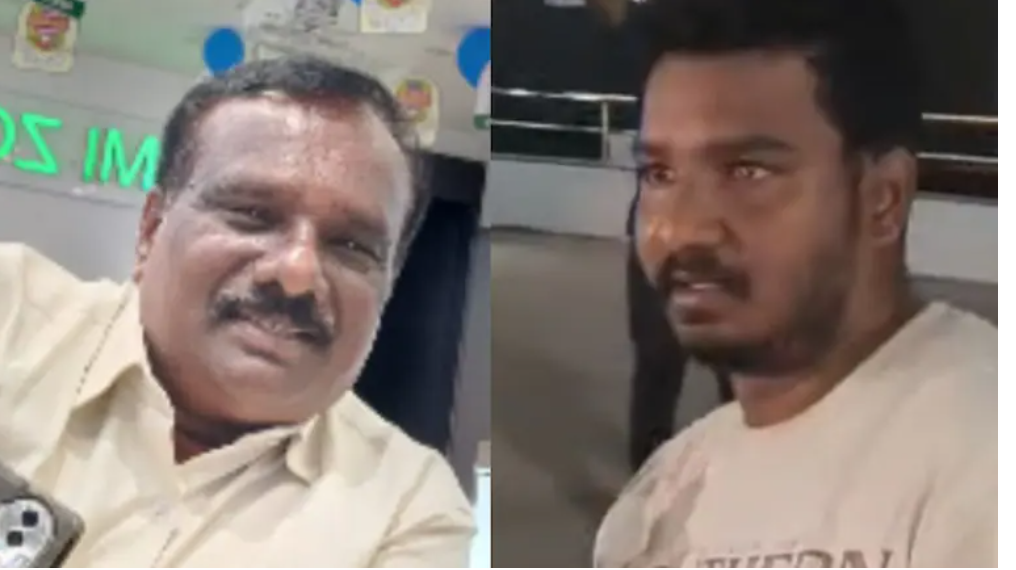Days after the Tarique Rehman-led government assumed office in Bangladesh, President Mohammed Shahabuddin has levelled serious allegations against former chief adviser Muhammad Yunus, accusing him of attempting to remove him from office through unconstitutional means and destabilise Dhaka.
In an interview to a Bengali daily at Bangabhaban, the President claimed that during Yunus’s tenure, efforts were made to create a constitutional vacuum and disrupt the country’s stability.
Allegations of constitutional breach
Shahabuddin alleged that he was excluded from key state matters for nearly one and a half years. According to him, the former chief adviser did not maintain the constitutionally mandated communication with the President.
He claimed that Yunus undertook 14 to 15 foreign visits but did not brief him upon return or provide written updates, which he described as a constitutional obligation. The President also said he was not informed about major state decisions, including agreements signed with the United States ahead of elections.
Responding to questions about ordinances issued during the interim period, Shahabuddin noted that while some may have been necessary, there was little justification for promulgating as many as 133 ordinances.
‘Palace prisoner’ claim
The President further alleged that he was effectively reduced to a “palace prisoner” during the interim government. He said two of his proposed foreign visits — to Kosovo and Qatar — were blocked by the administration at the time.
He also referred to a purported attempt to replace him with a former chief justice through unconstitutional methods, claiming that the proposal was declined on constitutional grounds.
Recalling events of October 22, 2024, Shahabuddin described protests outside the presidential residence as a “terrifying night,” alleging that mobs were mobilised and attempts were made to storm the premises. He said the situation was brought under control following deployment of the military.
Support from armed forces and BNP
Shahabuddin stated that the chiefs of the three armed services assured him of their support, reiterating that he remained the supreme commander of the armed forces. He also credited the leadership of the Bangladesh Nationalist Party (BNP) for helping maintain constitutional continuity during the period of tension.
The allegations come amid political shifts in Bangladesh following the formation of the new government, adding a fresh dimension to the country’s evolving political landscape.













